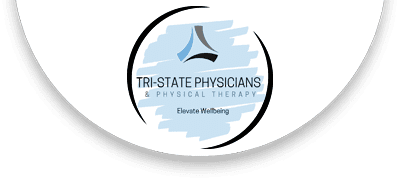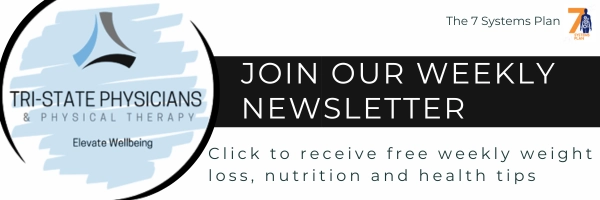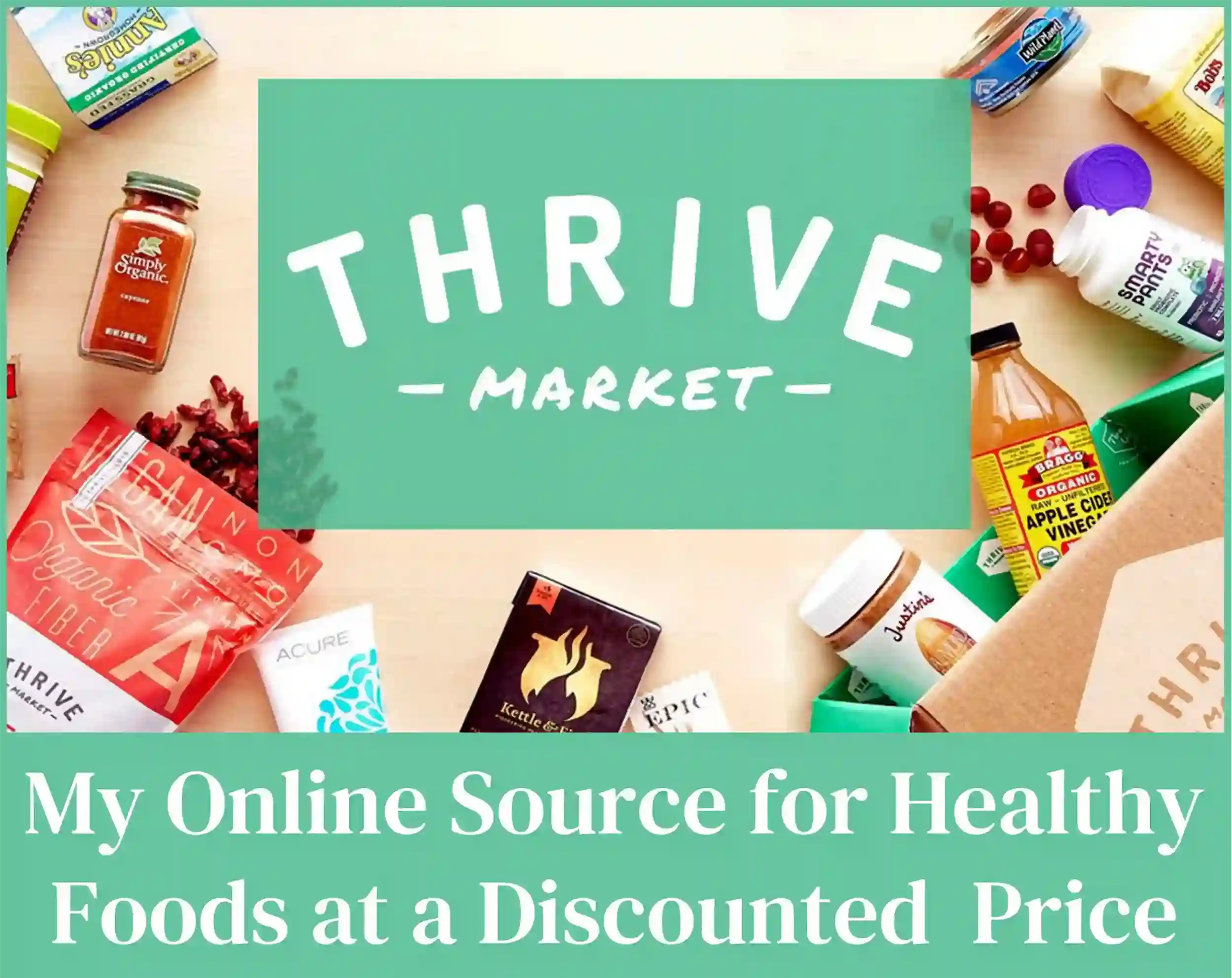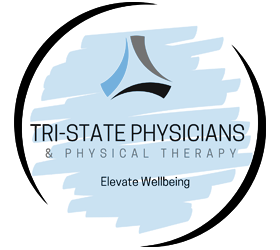Artificial Sweeteners: Unraveling the Facts in South Sioux City NE
Many have sought refuge in artificial sweeteners in South Sioux City NE, considering them a guiltless pleasure. But are they indeed the salvation they promise? A closer examination of these sweeteners raises concerns.
Many think that sugar is the main villain in the obesity epidemic. However, artificial sweeteners might be equally or even more problematic. The illusion of them being ‘zero-calorie’ has seduced countless into believing they are harmless.
Despite being marketed as safe alternatives to sugar, emerging research suggests that artificial sweeteners might pose their own health threats. From 1987 to 2000, the number of Americans consuming these sugar substitutes almost doubled. Disturbingly, alongside this, the obesity rate also witnessed a surge.
Can artificial sweeteners be even worse than sugar in South Sioux City NE?
Synthetic Sugar Substitutes
Prominent synthetic sweeteners such as aspartame, saccharin, and sucralose are frequently touted as sugar replacements, yet they carry significant health implications. Revelations from reputed publications have drawn concern for use in humans.
- Aspartame, a low-calorie sweetening agent prevalent in dietetic beverages and assorted reduced-calorie products, is a factor in severe maladies ranging from cardiovascular afflictions to neurodegenerative conditions and seizures.
- Saccharin consumption long-term increases the risk of obesity, diabetes, liver disease, and renal impairment. It may also increase the risk of brain carcinogenesis.
- Sucralose, despite its zero-calorie billing, has been linked to an array of disorders, including but not limited to diabetes, liver inflammation, and specific types of cancer.
Sugar Alcohols: The Verdict Is Not In.
Because sugar alcohols’ chemical structure is similar to sugar’s, they activate the sweet taste receptors on your tongue.
Sugar alcohols have long been considered a safe addition to your diet — in moderation. Some studies have shown 10 to 15 grams a day of sugar alcohols are safe. The most widely used in the food industry are xylitol, erythritol, and maltitol because their flavor most closely resembles the taste of regular sugar.
However, a recent study shows that one sugar alcohol, erythritol, may be much worse for your health than anyone realized, closely associating erythritol with an increased risk for “major adverse cardiovascular events,” including heart attack and stroke.
Given this new information, it’s hard to say whether to consider other sugar alcohols safe.
Other Health Risks from Artificial Sweeteners
Obesity & Diabesity Risk: Studies indicate that consuming artificial sweeteners may enhance the risk of metabolic syndrome, type 2 diabetes, and cardiovascular diseases. For instance, rats consuming these sweeteners had slower metabolism and increased body fat despite having fewer total calories.
Brain and Metabolism Impact: Artificial sweeteners may fool your taste receptors but can’t deceive your brain. Their intense sweetness—sometimes up to 1000 times more than sugar—increases insulin release, promoting fat storage and rapid weight gain. Over time, these sweeteners alter your taste preference, pushing you further towards high-calorie, sugary foods.
Addiction: A striking study presented rats with a choice between cocaine and artificial sweeteners. The result? The rats invariably chose the latter. The implications? Artificial sweeteners might be as addictive as certain recreational drugs.
Gut Health: Exorbitant consumption of artificial sweeteners and sugar alcohols can wreak havoc on the gut’s microbial equilibrium. However, stevia stands in stark contrast, with no documented adverse effects on gut flora, further bolstered by its antimicrobial traits.
Diet Soda: A Double-Edged Sword
Diet sodas, marketed as healthier alternatives, are increasingly implicated in health concerns. Though calorie-free, their artificial sweeteners disrupt hormonal and neurological signals related to hunger and fullness. Consuming them might inadvertently lead to an increase in calorie intake.
Re-Evaluating Sweeteners
It’s crucial to understand the distinction between natural sugars and artificial sweeteners. When consumed moderately, natural sugars don’t pose the same health risks. However, the challenge arises when hidden sugars, even in healthy-labeled foods, lead to overconsumption.
For those desiring natural sweeteners, stevia might be one of the exceptions to consider. But, like everything, it’s crucial to ensure moderation. Over-reliance on even natural sweeteners can skew taste perceptions.
Unveiling Stevia Leaf
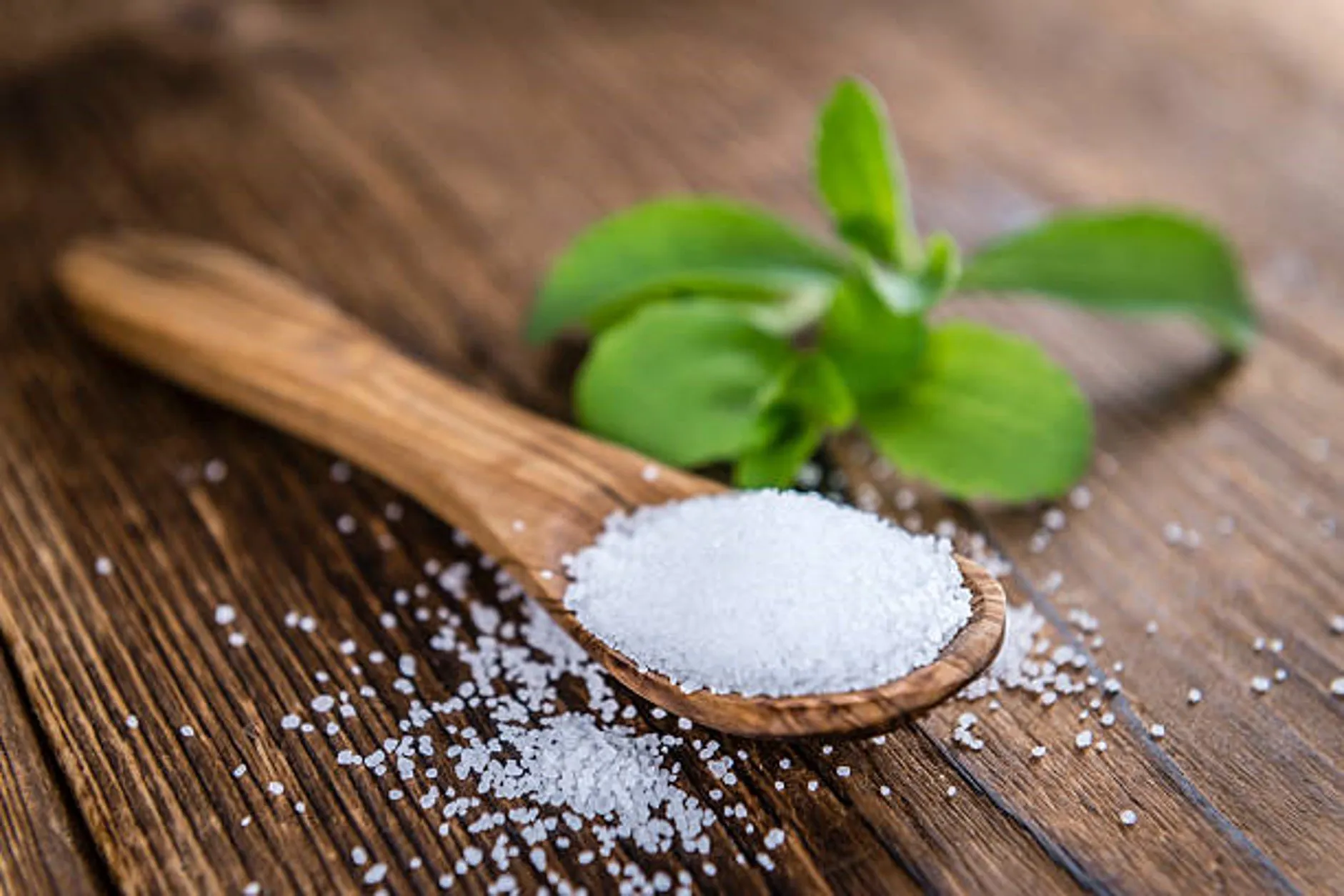
Belonging to the ragweed family, stevia derives its characteristic sweetness from a class of molecules termed glycosides. Advanced studies confirm that stevia is an excellent alternative due to its prompt metabolization without undue accumulation in the system. Distinct from other sugar substitutes, stevia neither adds to the caloric intake nor affects blood sugar levels despite its pronounced sweetness.
Five Stevia Leaf Benefits
Let’s shed some light on the many advantages stevia leaf offers.
1. Blood Sugar Regulation
Stevia leaf is a master regulator of blood sugar levels, emerging as an invaluable sweetening agent for diabetics. Scientific findings underscore the potential of dried stevia leaf powder to modulate blood sugar levels, both during fasting periods and after eating.
2. Optimizing Cholesterol Profiles
Stevia’s ability to enhance cholesterol profiles cannot be overlooked. In clinical examinations, stevia helps decrease total cholesterol, adverse LDL cholesterol, and triglycerides. A disciplined daily intake of stevia extract over a month lowered bad cholesterol and amplified good HDL cholesterol without any adverse effects.
3. Facilitating Weight Management
Stevia’s lack of calories and limited carbohydrates suggest it can contribute substantially to weight management by decreasing caloric absorption. Additionally, certain studies indicate stevia’s potential to temper appetitive drives.
4. Antimicrobial Properties
Studies conducted to gauge the antimicrobial power of stevia confirmed the prospect of being used for innovative antimicrobial agents.
5. Decreasing Inflammatory Responses
The stevia leaf’s ability to regulate inflammatory responses is another arrow in its quiver. Preliminary findings indicate stevia’s ability to decrease inflammation and boost immunity. The cascading benefits extend to conditions marked by inflammation, including arthritis and allergies, and may even suggest protective attributes against colitis.
Monk Fruit
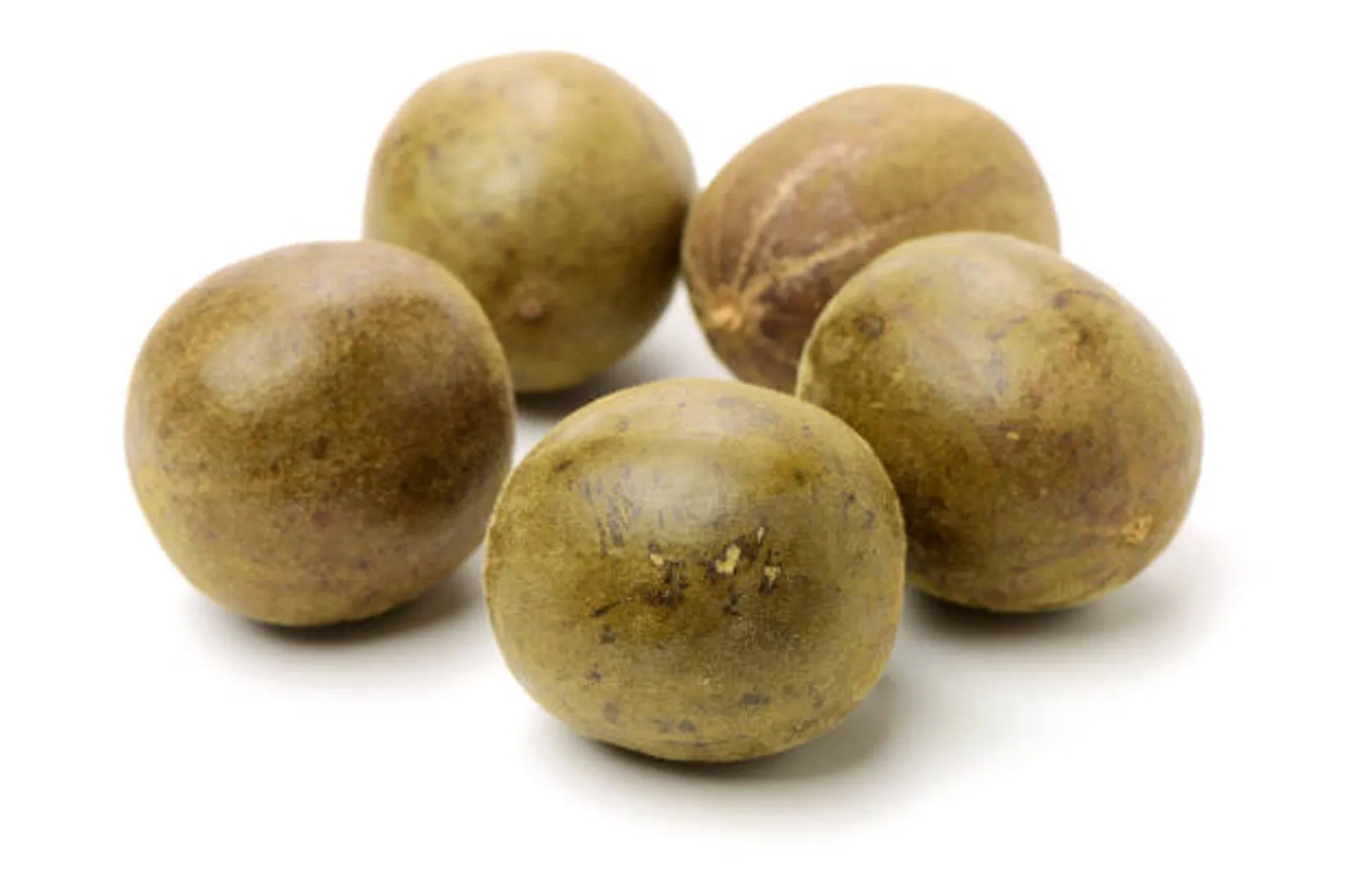
Now, let’s look at another sweetener—monk fruit. Monk fruit is a small, green gourd that resembles a melon. It is grown in Southeast Asia and was first used by Buddhist monks in the 13th century, hence the fruit’s unusual name.
Monk fruit sweeteners come from the fruit’s extract blended with dextrose or other ingredients to balance sweetness, so read the label.
Monk fruit extract is 150 to 200 times sweeter than sugar. The extract contains zero calories, carbohydrates, sodium, and fat, making it a popular sweetener alternative for manufacturers who make low-calorie products and consumers who eat them.
Benefits of Monk Fruit
Pros
1. Sweeteners made with monk fruit don’t impact blood sugar levels.
2. With zero calories, monk fruit sweeteners are a good option for people watching their weight.
3. Research shows it may offer some antioxidant, anti-cancer, and anti-inflammatory properties.
4. It may promote the growth of beneficial bacteria in the GI tract.
5. Unlike some artificial sweeteners, no evidence shows that monk fruit has adverse side effects.
Cons
1. Monk fruit is difficult to grow and expensive to import.
2. Monk fruit sweeteners are harder to find than other sweeteners.
3. Not everyone is a fan of monk fruit’s fruity taste. Some people report an unpleasant aftertaste.
The Sugar Replacement Imperative
The dangerous effect of excessive sugar ingestion is well-documented, with health pitfalls ranging from diabetes to autoimmune disorders, cardiac conditions, and certain malignancies.
Autoimmune Protocols and Stevia or Monk Fruit
Excluding sugar is non-negotiable for individuals fighting autoimmune conditions and using the 7 Systems Plan. Sugar drives inflammation, and many artificial sweeteners kill your gut bacteria. Stevia and monk fruit are safe alternatives.

Gut Health and Stevia or Monk Fruit
Excessive consumption of artificial sweeteners and sugar alcohols can wreak havoc on the gut’s microbial equilibrium. However, stevia and monk fruit stand in stark contrast, with no documented adverse effects on gut flora.
Make Wise Sugar Choices
Ditching sugar from your diet and transitioning to stevia or monk fruit can positively influence cholesterol levels, support weight loss, and enhance gut health.
Stevia and monk fruit are good options for lowering sugar intake, but instead of consuming lots of zero-calorie sweeteners, focus on eating fruits, vegetables, and whole grains. Whole foods recommended on the 7 Systems Plan have vitamins, minerals, and other nutrients needed for good health.
Artificial sweeteners aren’t the innocent alternatives they’re purported to be. It’s time to rethink our choices and understand our consumption’s long-term implications. Stevia and monk fruit, when used in moderation, can be viable options, but we should approach the majority of artificial sweeteners with caution.
Understanding the negative influence of sugar on each of the Systems’ health — from instigating inflammatory responses and impairing gut health to fostering weight gain—necessitates a strategic change. Transitioning from sugar to a naturally derived alternative like stevia or monk fruit can support cholesterol management, facilitate weight loss, and curtail the further degradation of gut health.
For your health,
Dr. Pat
Video of the Week
Recipe of the Week
Teresa’s 7 Systems Kitchen
Sweeteners recommended by Teresa’s 7 Systems Kitchen from Thrive Market:
- Liquid Stevia, Vanilla Créme
- Liquid Monkfruit Sweetener
- Sweetleaf, Sweet Drops Liquid Stevia
For a refreshing drink I pour cold filtered water, that I have carbonated using my Sodastream, over ice and add 5 drops of the Liquid Stevia, Vanilla Créme.
Sign up below to get our weekly newsletter
sent directly to your email inbox!
OFFICE HOURS
Monday
8:00am - 6:00pm
Tuesday
8:00am - 6:00pm
Wednesday
8:00am - 6:00pm
Thursday
8:00am - 6:00pm
Friday
8:00am - 6:00pm
Saturday
8:00am - 10:45am
Sunday
Closed
Tri-State Physicians &
Physical Therapy Clinic
3900 Dakota Avenue #6
South Sioux City, NE 68776

